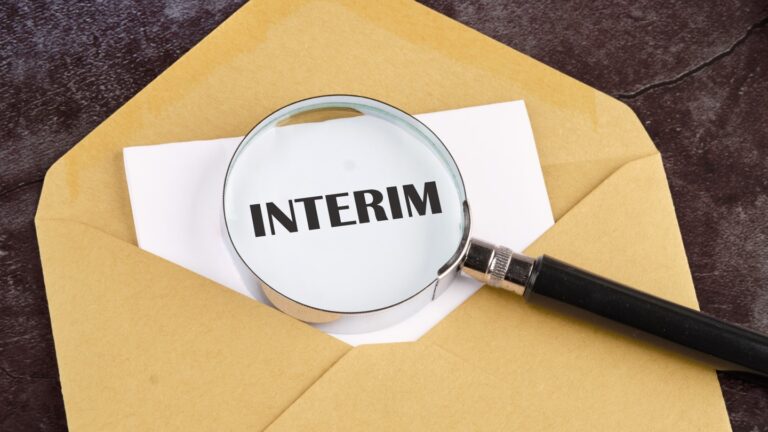Brain Injuries in Sport – An Unavoidable Risk?
The risk of sustaining a brain injury while partaking in sport is something that has come to light again recently following the boxing match between Chris Eubank Junior and Nick Blackwell. During the match Nick suffered a serious brain injury and was placed in a medically induced coma following the fight for over a week. Thankfully he is now recovering from his injuries but it is likely that this will be a long and difficult journey to recovery and the young boxer has announced his retirement from the sport.
The blame game?
The inevitable discussion followed the fight, as to who should have stepped in and who, if anyone, is responsible for safe-guarding against such devastating consequences. It is clear that any person who undertakes sport and is fully informed against the risks can never be fully protected against all risk of harm.
The neuro-surgeon treating Nick Blackwell said that he felt the fight should have been stopped by the referee three rounds prior, as, at this stage, it was clear that Nick had sustained numerous violent blows to the head and facial injuries. The referee has faced criticism for not stopping the fight earlier, however, he was defended by the British Boxing Control Board and it has been noted that the regulatory body had made various improvements to their health and safety procedures over the years. In fact, the immediate efforts by medical staff at the event in administering oxygen and ensuring his quick transfer to an appropriate trauma unit may have saved Nick Blackwell from suffering more devastating or even fatal injuries.
The risk of sustaining a brain injury while taking part in boxing may certainly be something which could be classed as foreseeable. But this is not the only sport which has come under the spotlight recently in relation to the risk of sustaining a brain injury.
Incidents of concussion and other head injuries in those playing rugby are extremely common. The International Rugby Board have put in place the ‘Laws of the Game’, a set of regulatory rules which set out the responsibilities of players to be physically and technically prepared in a manner which ensures they participate in accordance with safe practice. They also set out that it is the responsibility of the coaches and those that teach the game to ensure that players are prepared in the manner that ensures compliance with the laws and safe practise. However, as comprehensive as these rules may be, the compliance with and application of these laws will inevitably be variable from club to club and match to match, and so it will be inevitable that sometimes these standards will fall below what is expected to ensure the safety of the players. For this reason, health professionals in the UK wrote an open letter to the Government recently detailing the dangers of contact rugby at underage level and calling for an outright ban due to the possible risks to young people’s brains.
What is Concussion?
Concussion is a minor traumatic brain injury which consists of a short-term loss of mental function as a result of a blow or injury to the head. It is often dubbed the ‘invisible injury’ as no CT scan or blood tests can confirm it and it is therefore diagnosed using subjective criteria.
Symptoms include:
- dizziness
- nausea
- reduced concentration
- memory problems
- headaches
- possible loss of consciousness
Although concussion is classed as a minor brain injury, as with all brain injuries it is crucial that the symptoms are recognised quickly and the person suffering is medically examined as soon as possible. Normally the symptoms will be short lived and will require relatively minimal treatment.
However, where the person competing in contact sport has suffered from concussion on several occasions they may find themselves at higher risk of lower cognitive function as illustrated in numerous studies into retired American football players. These studies showed that there appeared to be a link between repeated concussion and depression, memory loss and reduced personal verbal fluency. The studies also went further to suggest that there may be a link between repeated concussion and head injuries and developing Chronic Traumatic Encelphalopathy (CTE) which is a form of dementia. Following the fallout from these studies, a class action concussion case was mounted on behalf of over 4,500 former players against the National Football League (NFL) in 2011. This case successfully settled in July 2014 with the $675 million cap on damages removed. It should be noted that although settlement was reached it was made on the condition that it would not be interpreted as a statement of legal liability on behalf of the NFL and many people felt that it therefore did not go far enough.
Recently former Scotland rugby player John Beattie appeared in a documentary on BBC which explored the possible link between repeated head injuries sustained in sport and CTE. In the programme he urged current players to come forward if they recognised any of the symptoms described in the documentary. Parallels have inevitably been drawn between the situation in the US and the UK and the question remains whether it is possible that in the future an action may be taken here in the UK against the Rugby Unions on behalf of ex-rugby players suffering from CTE.
What can be done to reduce the risk?
Organisers and those responsible for overseeing sporting activities owe a duty of care to participants to ensure that activities are as safe as possible. Risk assessments must be continually carried out to measure the risks and take steps to reduce it. Correct protective equipment must be supplied or required by participants and rules must be implemented and enforced throughout sporting activities.
Sport regulatory bodies have a responsibility to ensure that the risks are appropriately managed. Appropriate training is needed for those supervising and refereeing sports events to recognise the signs of traumatic brain injury and act decisively and quickly when they recognise the symptoms. Where it is found that those facilitating and organising sporting events fail to comply with regulations put in place and therefore expose participants to avoidable risk more must be done to hold them accountable.
What to do if you have suffered a brain injury while participating in sport?
If at any stage following participation in contact sport you fear that you or someone you know may have suffered a brain injury, it is important that you or the injured person seeks medical assistance immediately. This must be a priority. Evidence has proven that early treatment is far more likely to assist with the chances of recovery.
If it is discovered that a brain injury has been suffered, and the organisers or supervisors of the activity in question are found to have failed in their duty of care, they may be found to have acted negligently, and it is possible that you or a loved one who has been injured may have a right to make a claim for compensation. It is vital that you seek prompt and comprehensive legal advice to investigate the matter and to guide you or a loved one through the legal process.










